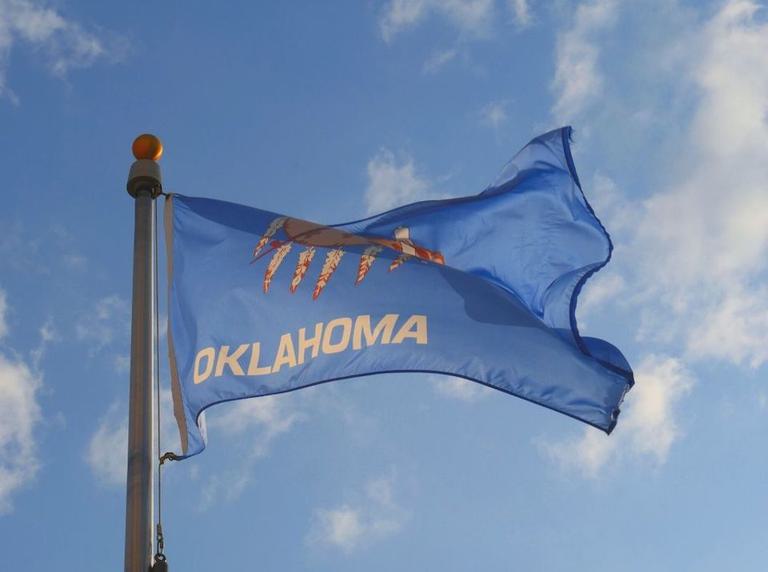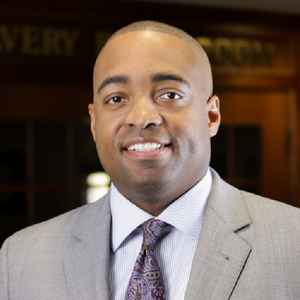
Education
Jonathan Small | September 9, 2022
Principles that are worth conserving
Jonathan Small
Polling consistently shows a strong share of Oklahoma voters identify as conservatives. Therefore, Republican candidates do as well, if for no other reason than political self-preservation.
But being conservative means more than checking off the pro-life and pro-Second Amendment boxes on a questionnaire, as important as those issues may be.
So, what is a conservative?
In the United States, conservatives seek to conserve basic American principles. These include limiting government power to allow for free markets, individual initiative, and personal responsibility. Because all this is only sustainable with a healthy, moral society, conservatives also defend the family and other structures that uphold moral truths.
This is how I approach politics, and the way we evaluate policies at OCPA. History demonstrates this approach is the best way to create a place where all Oklahomans can thrive, especially the most vulnerable.
Our American system of government is based on these ideas, which sprang from our Founders’ serious study of human nature and history. People are flawed. We tend to seek our own interests at the expense of those around us—and power makes it worse. People in government often look for ways to hold on to power, or get more of it, and justify it based on “good things” they plan to do.
Therefore, the best policy gives people greater control over their own lives.
Conservatism is not about specific personalities or a handful of issues. Simply electing “good people” is not enough. After all, every person is flawed and power affects us all. Party labels do not shield any politician from that reality.
Conservatism isn’t limited to a few positions, no matter how loudly proclaimed. Instead, a conservative will apply conservative principles to all areas of policy. Protecting human dignity means defending the unborn and the elderly from convenience killings, as well as defending those of working age from over-taxation and excessive red tape. Upholding a free society means people can choose to own a firearm and choose their kids’ school.
Here’s another example: Around a decade ago, conservative policymakers reformed public pensions in Oklahoma. In doing so, they protected taxpayers, leveled the playing field between government and private-sector workers, and made it harder for politicians to buy political power with future taxes. Protecting and preserving those hard-won victories is also a sign of conservatism.
Today, a top conservative priority is any education reform that gives more power to families, often by allowing education funding to follow the student. Here again, reforms would create a more level playing field, more accountability, and ultimately a better future for all Oklahomans.
When someone says they are a conservative, they are declaring the worldview they will apply to all issues. But, as is often noted, actions speak louder than words. That’s something else to keep in mind when determining if someone is a conservative.

Jonathan Small
President
Jonathan Small, C.P.A., serves as President and joined the staff in December of 2010. Previously, Jonathan served as a budget analyst for the Oklahoma Office of State Finance, as a fiscal policy analyst and research analyst for the Oklahoma House of Representatives, and as director of government affairs for the Oklahoma Insurance Department. Small’s work includes co-authoring “Economics 101” with Dr. Arthur Laffer and Dr. Wayne Winegarden, and his policy expertise has been referenced by The Oklahoman, the Tulsa World, National Review, the L.A. Times, The Hill, the Wall Street Journal and the Huffington Post. His weekly column “Free Market Friday” is published by the Journal Record and syndicated in 27 markets. A recipient of the American Legislative Exchange Council’s prestigious Private Sector Member of the Year award, Small is nationally recognized for his work to promote free markets, limited government and innovative public policy reforms. Jonathan holds a B.A. in Accounting from the University of Central Oklahoma and is a Certified Public Accountant.